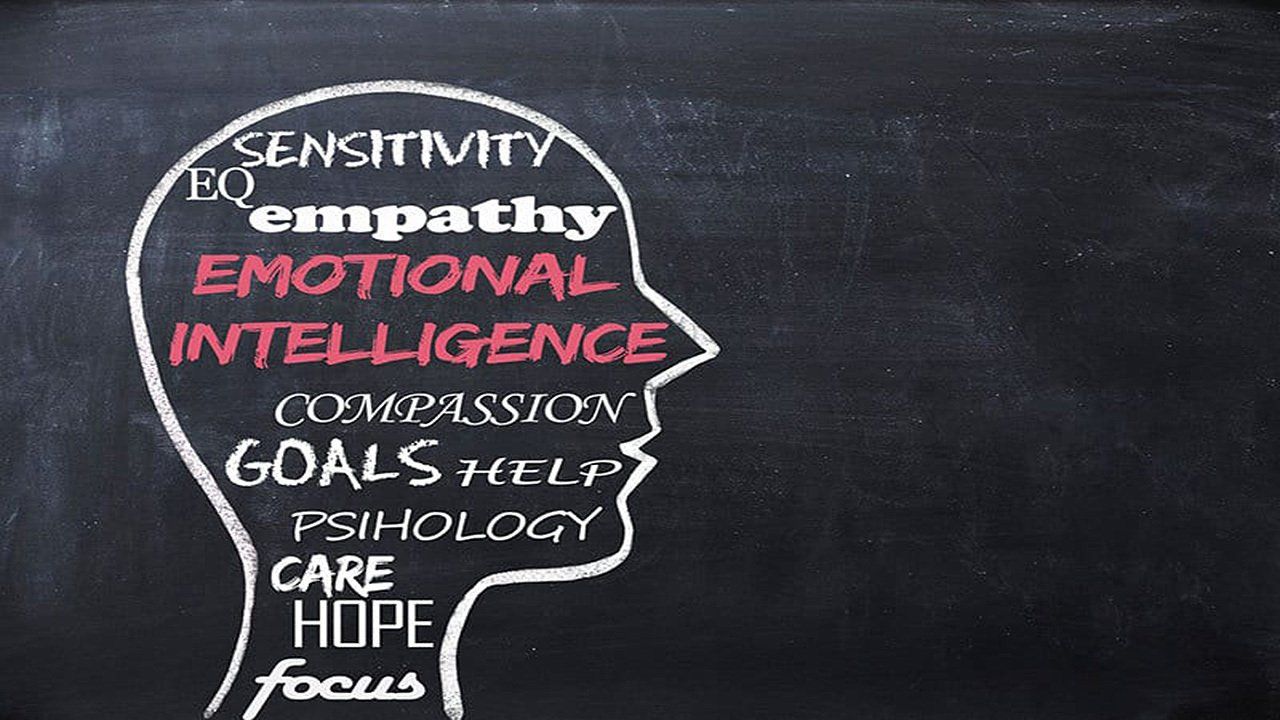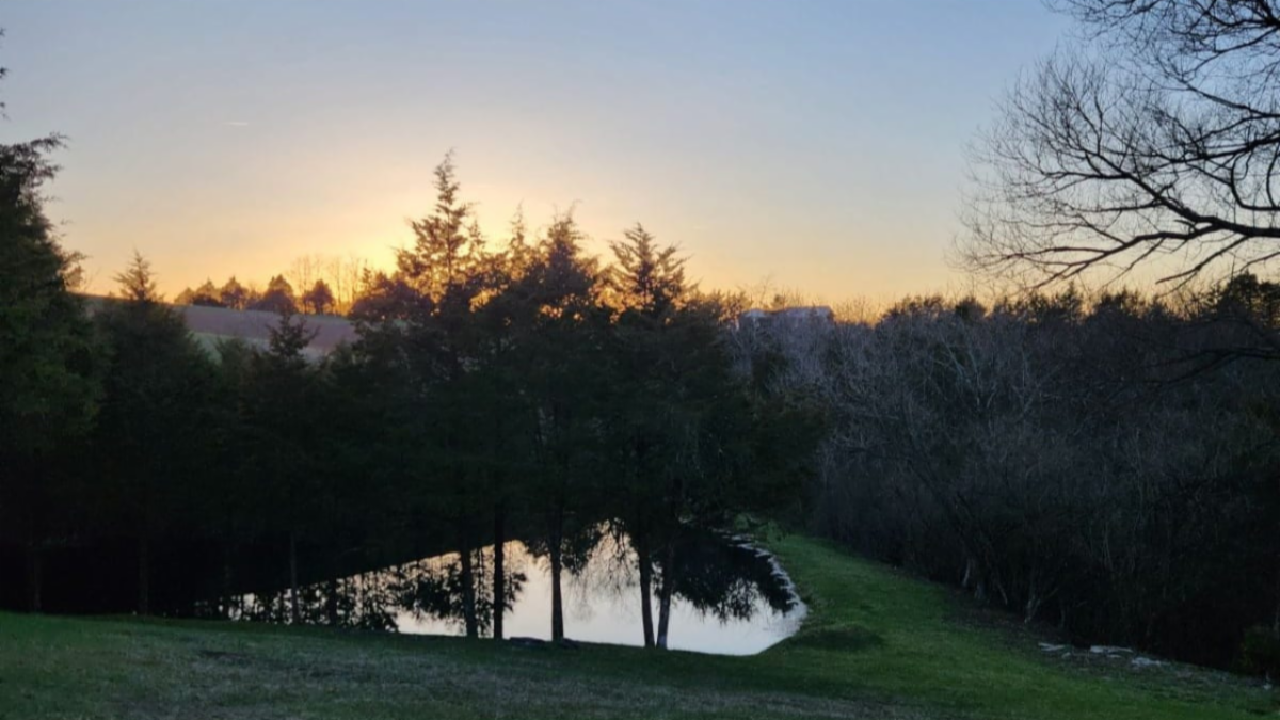To Be a Great Leader You Need to Utilize Emotional Intelligence

Whenever Jim and I are out and about, and we see someone behave in a way that is rude or unkind, one of us will always offer another side to consider.
As someone who has experienced a lot of trauma and hurt in life, I’ve seen what a lack of emotional intelligence can do in heated situations.
From my work as a Federal law enforcement officer, I’ve learned that one of the most important leadership capabilities great leaders possess is emotional intelligence.
Defined as “the capacity to be aware of, control, and express one’s emotions, and to handle interpersonal relationships judiciously and empathetically,” the term emotional intelligence or EQ was created by two researches and popularized by Daniel Goleman with the release of his book in 1996 on the topic.
I remember reading it in my master’s program and thinking, “This is brilliant – and I’ve got work to do.”
Intellectually, you may get that taking swings at someone with your words just causes more hurt, however, developing EQ takes intention and action to develop because it involves feelings and is centered in the ancient brain center.
This means you can’t try to develop EQ skills in a cognitive (academic) manner the same way you develop your intelligence quotient or executive function which is centered in the prefrontal cortex.
EQ works in partnership with cognitive skills – and you need both to be successful.
Out-of-control emotions deprive people of their cognitive decision-making which is one of the reasons the importance of EQ increases as someone’s career advances or they become more influential.
Studies have shown that emotional competence is twice as important as technical competence for mid-level executives.
For top-level executives, 90% success comes from emotional competency.
The single cognitive competence shown to make a significant career difference is the ability for “big picture” thinking or what Kouzes and Posner refer to as being a “visionary” leader.
EQ or Emotional Intelligence is comprised of Personal Competence and Social Competence, and has 5 dimensions with 25 associated competencies.
The 1st dimension of EQ in personal competence (or ability to handle ourselves) is self-awareness.
What I find fascinating is you can be incredibly self-aware – and accurately assess your own emotional awareness and be incredibly self-confident, and never move into the 2nd dimension of self-regulation where you are able to manage your emotions.
Being a leader worth following has many challenges as you must often deal with difficult people, and sometimes you’re the lone voice for positive change in the world.
One of my favorite quotes sums up emotional intelligence: “Darkness cannot drive out darkness; only light can do that. Hate cannot drive out hate; only love can do that.” – Martin Luther King Jr. – and I think it sums up emotional intelligence.
Martin Luther King, Jr. modeled the behavior he called for in others recognizing it’s not valuable to take a stand against the harsh words of others using harsh words ourselves.
Ultimately, great leaders who are worth following are emotionally intelligent beings who listen to others, learn from their mistakes, love people for who they are, and forgive themselves and others for their mistakes and misgivings.
Action:
The Upside Challenge of the week is to think about your own emotional intelligence or EQ. Have you moved beyond self-awareness and mastered the 2nd dimension of self-regulation?
People follow the person first, then their great plan.
Be a leader worth following.
The world needs you and your brilliance.








Upside Your Business & Your Life!


